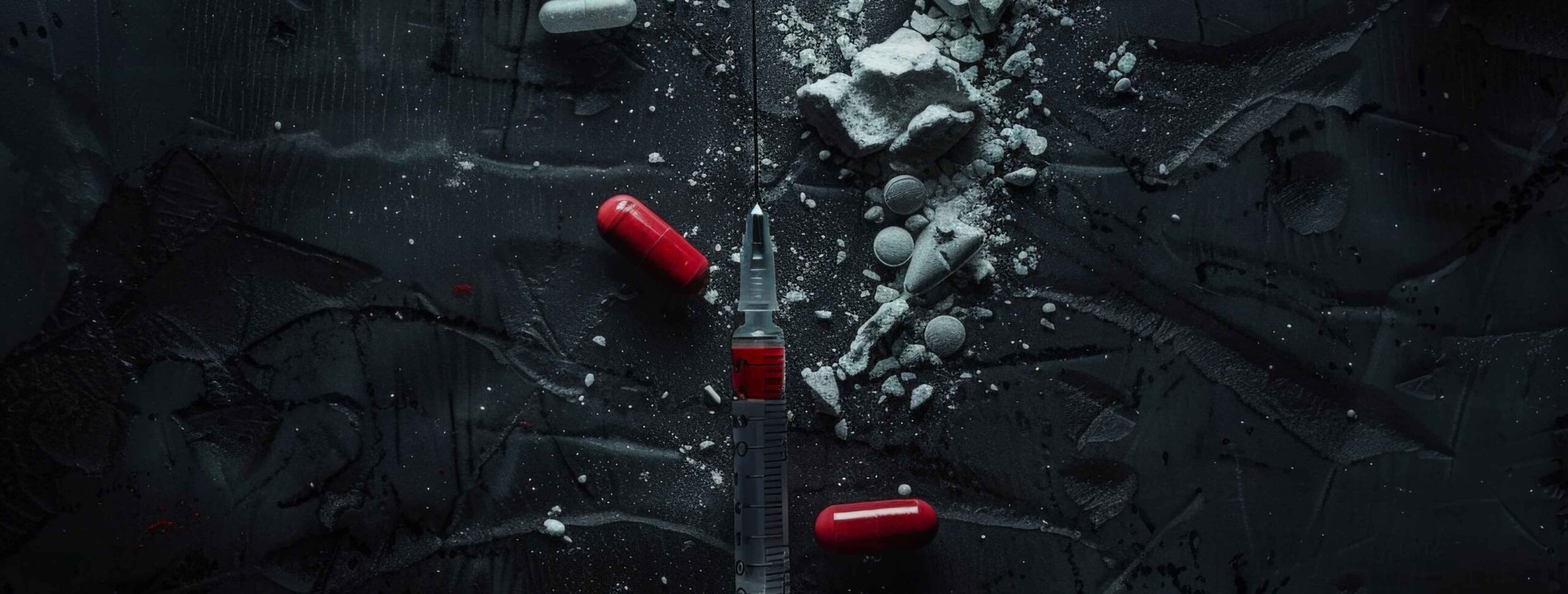The Quiet Signs of Drug Addiction:
It wasn’t an obvious fall.
There were no dramatic breakdowns. No late-night emergency calls. Just a series of quiet changes that seemed harmless—at first.
A mother noticed her teenage son sleeping more than usual. A friend stopped showing up for weekend football. A colleague who was once the first to arrive at work now came in late, distracted, and defensive.
It’s easy to write these things off as stress, growing up, or just a rough patch. But often, they’re early signs of something deeper. Something harder to talk about.
Something like drug addiction.
Addiction Rarely Starts Loud –
Contrary to what movies or media often portray, addiction doesn’t always announce itself with chaos. It begins subtly, with small cracks in routines, relationships, and responsibilities.
People struggling with substance use often do their best to hide it. They may mask it as fatigue, mood swings, or simply “not feeling like themselves.” That’s why it’s so important to notice the signs early—before those cracks grow deeper.
The Warning Signs to Watch For:
Let’s break down the common indicators—many of which are often overlooked or misunderstood:
- Behavioral Shifts
Changes in personality or behavior are among the first signs. A usually calm person may become irritable or anxious. Someone cheerful may suddenly seem distant or angry. These changes can seem like “phases,” but when they persist, they deserve attention. - Physical Symptoms
Look for unexplained weight loss, bloodshot eyes, frequent nosebleeds, trembling hands, or marks on the skin. Changes in personal hygiene—like not bathing or brushing regularly—can also be a red flag. - Isolation and Withdrawal
People may start avoiding family dinners, skipping outings, or locking themselves in their rooms. They may lose interest in hobbies or stop talking to their usual circle of friends. - Financial Struggles
Sudden requests for money, disappearing valuables, or unexplained expenses could indicate a growing dependency. Addiction often comes with a financial cost, and individuals may go to lengths to sustain the habit. - Mental Health Red Flags
Anxiety, depression, paranoia, or frequent mood swings can accompany substance use. Often, drugs are used as an escape from emotional pain—creating a dangerous cycle of self-medication.
Why Early Recognition Matters –
Recognizing addiction early gives people the best chance at recovery. It allows families to intervene with love rather than judgment. It gives individuals the opportunity to get help before their lives spiral out of control.

At Nirvaana, we understand that addiction is not a choice—it’s a mental health condition that needs care, support and professional treatment. Our team works closely with individuals and families to create recovery plans that are compassionate, confidential, and deeply personalized.


